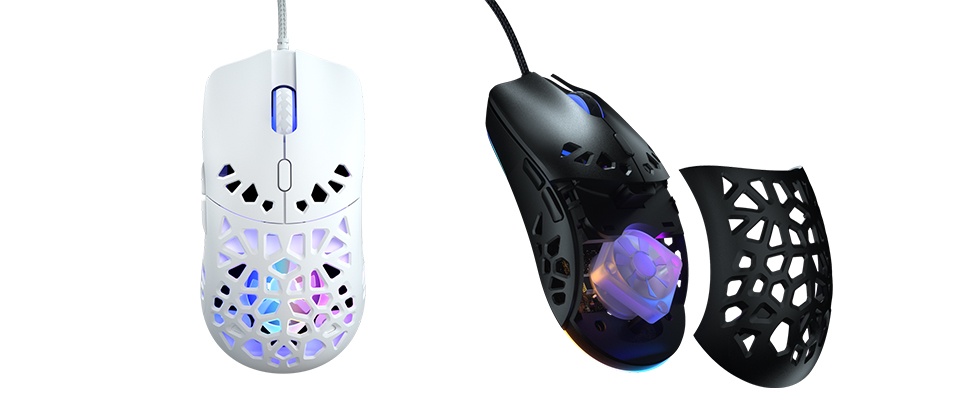April 6, 1999 – A meta-analysis of published scientific studies on sabal berry (Sabal serrulata Where Serenoa repens), published in the Journal of the American Medical Association (JAMA) of November 11, 1998, concludes that the data collected so far suggests that sabal berry improves urological symptoms and urine output in cases of benign prostatic hyperplasia (BPH).
Sabal berry compares very well to finasteride, the drug usually prescribed for benign prostatic hyperplasia, while having fewer negative side effects. However, from the data collected so far, it is not possible to determine the long-term effectiveness of Serenoa repens nor its ability to prevent BPH.
This meta-analysis included 18 randomized studies which had a minimum duration of 30 days and which included a control group receiving a placebo or a pharmacological agent for the treatment of BPH. In total, the studies involved 2939 men who received treatment lasting an average of 9 weeks. Treatment consisted of an average dose of 160 mg of a standardized sabal berry extract, twice a day.
Overall, sabal berry improved nocturia (nocturnal urine) by 25%, peak urine output by 24%, average urine output by 28%, and residual urine volume by 43%. Although the researchers report that the studies analyzed did not all use the same measurement scales, they consider that the effectiveness of S repens is not in doubt and wish that further studies be undertaken to determine its long-term effectiveness. and its ability to prevent benign prostatic hyperplasia.
HealthPassport.net
Timothy J. Wilt, MD, MPH; Areef Ishani, MD; Gerold Stark, MD; Roderick MacDonald, MS; Joseph Lau, MD; Cynthia Mulrow, MD, MS. Saw Palmetto Extracts for Treatment of Benign Prostatic Hyperplasia: A Systematic Review, JAMA. 1998; 280: 1604-1609
















